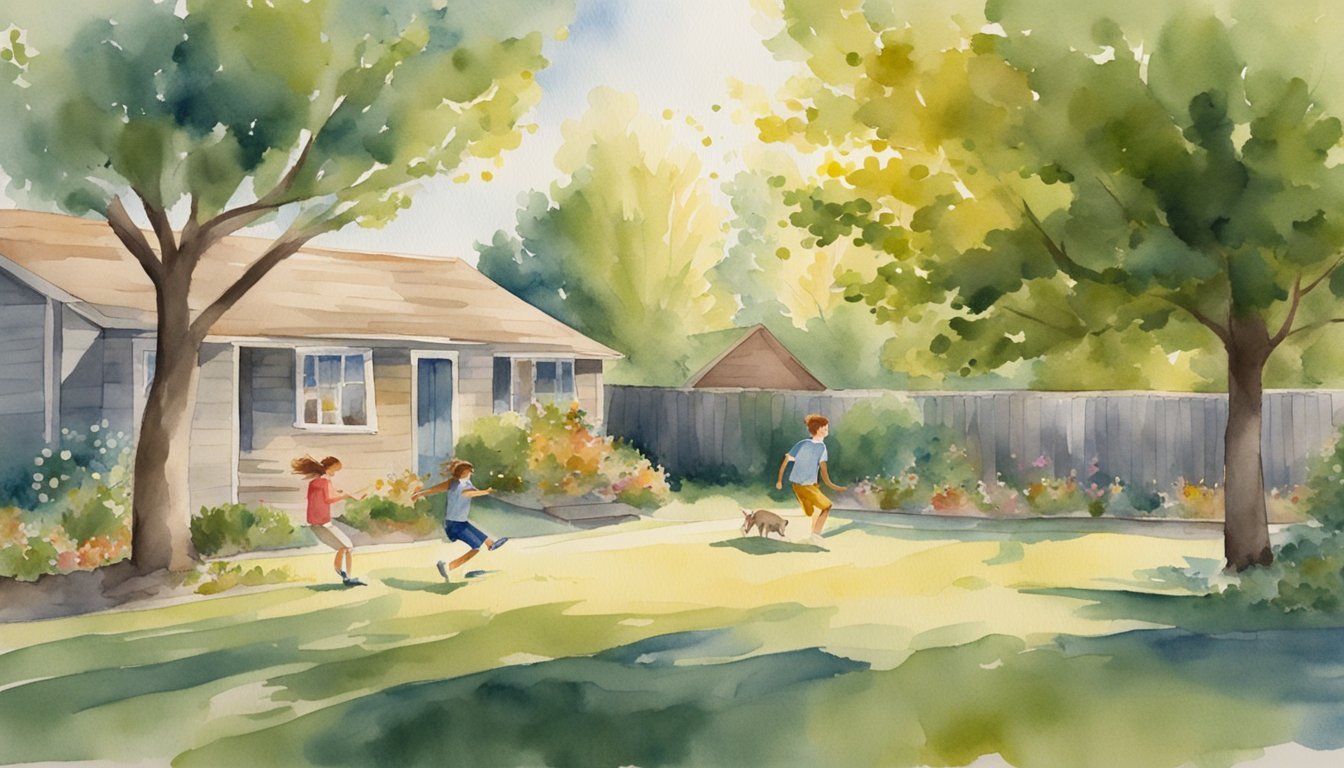A new study from Norway suggests that increased social media use among adolescents predicts more time spent with friends offline, challenging concerns that digital interactions may be replacing face-to-face socializing.
No Evidence of Harm to Social Skills Development
The study, published in the journal Computers in Human Behavior on April 9, 2024, used data from a Norwegian birth cohort of children assessed every two years from age 10 to 18.
Surprisingly, the researchers found no association between changes in social media use and the development of social skills over time.
“We found no support for the assumption that social media use predicts declines in social skills,” the authors write.
Methodology
The study used data from the Trondheim Early Secure Study (TESS), a prospective cohort study of children born in 2003 and 2004 in Trondheim, Norway. The initial sample was recruited when the children were 4 years old.
The current study used data from the last five waves of TESS, when participants were aged 10 – 18. The sample sizes ranged from 606 to 704 across these time points, with a roughly even gender split (from 52% to 56% girls).
Data collection took place every two years. At each wave, participants were interviewed about their social media use and time spent with friends, while parents completed questionnaires about their child’s social skills.
Social media use was assessed through interviews, where participants were asked about the platforms they used, overall frequency of use, and specific behaviors such as liking, commenting, and posting.
Social skills were measured using parent reports and a social skills assessment tool, which measures dimensions like cooperation, assertiveness, self-control, and responsibility.
Time spent with friends offline was captured by asking participants how many of the past seven days they had spent with friends at their own or their friends’ homes, and on how many days they had spent most of the afternoon or evening out with friends.
More Time on Social Media Means More Time with Friends Offline
The study revealed that young people who increased their frequency of liking, commenting, and posting on social media platforms subsequently spent more time with friends in person.
The effect, while small, suggests that social media interactions may complement rather than replace offline friendships during adolescence.
Socially Anxious Teens May Be More Vulnerable
Despite the overall null findings regarding social skills, the researchers did identify one group that may be more susceptible to the potential downsides of social media: teens with social anxiety.
Among youth with more social anxiety symptoms, increased social media use predicted slightly lower social skills from age 12 to 16. But the authors caution that this effect was small, and needs to be replicated before drawing firm conclusions.
A Nuanced Picture of Social Media’s Impact
The study’s findings paint a more nuanced picture of social media’s impact on adolescent sociability than the prevalent narrative of displacement and harm.
Neither age nor sex affected the relationship between social media use and the outcomes examined, suggesting that the patterns hold across key demographic groups.
“Our findings highlight the complex interplay of social media use and interpersonal experiences among adolescents, and provide preliminary evidence that concern over declining social skills as a result of social media use may be unwarranted,” the authors write. “Social media use may even support offline interaction with friends, and thus indirectly promote adolescents’ well-being and functioning.”
Study details:
- Title: “The new social landscape: Relationships among social media use, social skills, and offline friendships from age 10–18 years”
- Journal: Computers in Human Behavior
- DOI: https://doi.org/10.1016/j.chb.2024.108235
- Publication Date: April 9, 2024
- Authors: Silje Steinsbekk, Oda Bjørklund, Patti Valkenburg, Jacqueline Nesi, and Lars Wichstrøm

